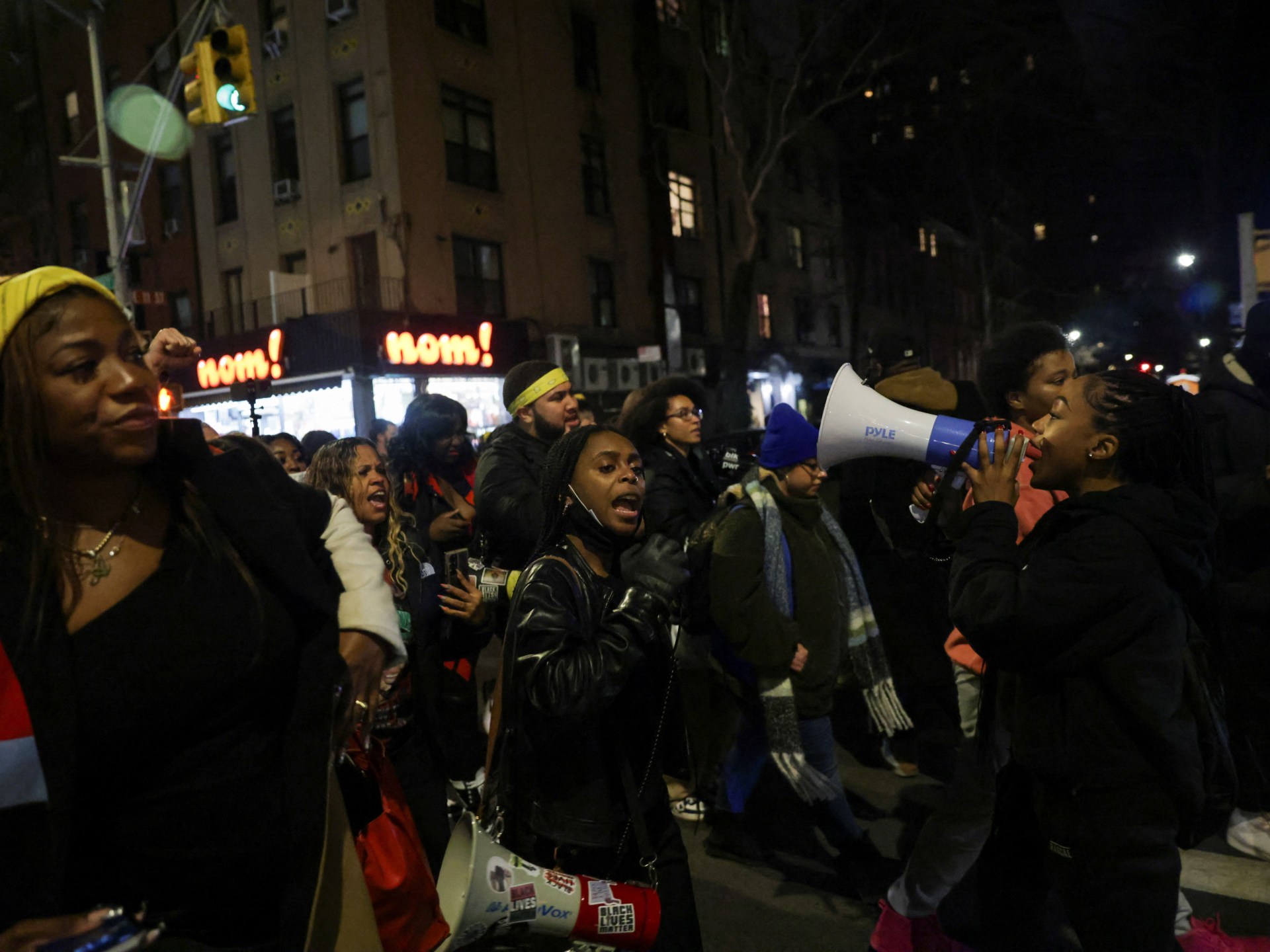Vietnam’s Communist Party chief Nguyen Phu Trong dies at 80: State media
Government says Trong died at a military hospital ‘due to old age and serious illness’.
Vietnam’s Communist Party General Secretary Nguyen Phu Trong, who was seen as the most powerful figure in the country, has died, according to state media, ending more than 13 years of leadership after a reported illness.
The announcement on Friday came a day after the party announced that Trong would hand over power to focus on receiving medical treatment for an undisclosed medical condition.
State media cited the government as saying that Trong died at a military hospital “due to old age and serious illness”.
“There will be a special statement on the organisation of the funeral at the national level,” according to the reports.
His death comes as the country goes through a political transition, with a new president appointed in May following the resignation of his predecessor.
To Lam took over from Vo Van Thuong, who resigned in March over what the party called “violations and shortcomings”, after just a year in the job.
Trong’s responsibilities have been handed to the country’s largely ceremonial president, Lam, a powerful former public security minister long seen as jockeying for the top job.
“The Politburo calls on the entire party, people and army to have absolute trust in the party’s leadership and state management,” it said on Thursday.
The communist administration, which is being completely overhauled, has undergone a series of upheavals in recent months, with ministers, business leaders and two presidents all falling from grace as part of a sweeping anti-corruption campaign.
Vietnam’s leadership structure gives the party’s general secretary the most powerful position.
In recent weeks, Trong’s poor health prompted widespread speculation that he would not be able to stay in power until the 2026 party congress, which is expected to appoint a successor.
Trong enjoyed remarkable longevity in office since 2011, during a mandate that rights groups say has coincided with increasing authoritarianism.
Known for being a technocrat and on good terms with China, he structured the party around himself, benefitting from a decade of economic growth that strengthened his legitimacy.




